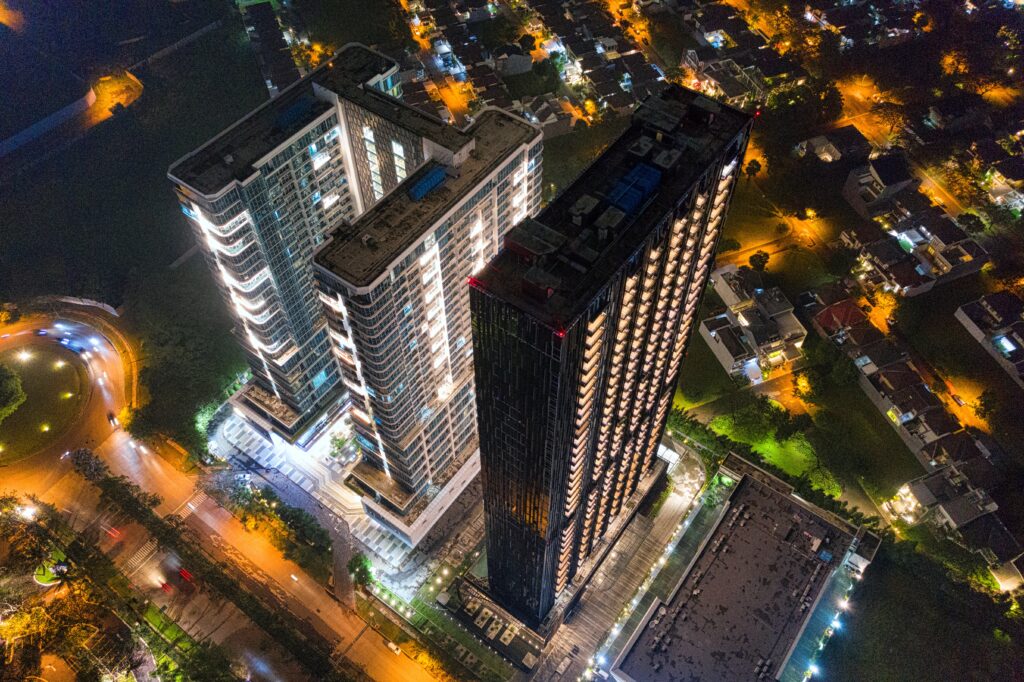
Share this post!
Effective management of shared amenities can often focus too much on cleaning and maintenance. Here we look at four frequently overlooked details when managing shared condo amenities.
1.Visitor Parking
Visitor parking is often difficult to monitor due to the location. However, a comprehensive management plan helps ensure use aligns with your condo parking bylaws. Visitor parking management policies should include the following:
- Setting limits on visitor parking passes per unit each month
- When visitor parking is and isn’t available during the day, i.e., if maintenance vehicles such as landscapers need parking once a week, lot maintenance, etc.
- How long visitors are allowed to park
- Whether permits are required for overnight guests
- License plate tracking to ensure residents are not using visitor parking
- A process to obtain parking permits when required
Defining rules and setting up a process ensures that a) rules are enforceable and b) required management time is reduced.
Helpful Tips
- Ensure all procedures and policies are included in the condo declaration.
- Send out reminders to residents during high-frequency visitor times such as the holidays, weekends, long weekends, when party rooms are booked, etc.
- Assign one person to manage visitor parking to streamline processes and establish authority.
2.Booking Facilities
If you don’t have a facility booking policy and procedure in place, use becomes a free for all leading to disputes and overlaps. Setting up a reservation system ensures residents follow a process to avoid disappointment and double bookings.
An automated, self-serve system works best, as it a) requires less time on your part and b) provides confirmation for the bookie and your team.
Helpful Tips
- Include a conditions of use agreement outlining cleaning policies, limitations, number of people allowed, etc., that residents must click before booking is confirmed.
- Ensure the conditions of use put the onus of cleaning and repairs on the resident.
- Ideally, the space should be inspected before and after each event to look for damage.
- Limit access to residents who book the space.
- Lock the amenity when not in use.
3.Amenity Keys
A modernized access system avoids time-consuming key tracking when keys are misplaced, or residents move out. These systems allow you to disable keys quickly and apply new scan codes for new residents and staff. Security access systems are convenient and secure whether you choose key cards/fobs, cloud-based systems, or mobile device access.
Helpful Tip
- Use remote access authorization for booked amenities.
4.Security for Amenities
Security of shared spaces is essential, especially if areas such as party rooms allow non-residents into the building. Protection also applies to everyday use of amenities, such as pools, gyms, rooftop areas, etc., to ensure vulnerabilities are less accessible and opportunities for criminal activity such as assault are limited.
Helpful Tips
- To protect residents and property, it might be necessary to adjust security inspections and safety checks when a party is booked.
- Consider charging a security fee when residents hold large parties in common areas.
- Track criminal events in amenities to determine if additional security is needed.
By including these frequently overlooked details, you can become more organized and avoid amenity chaos for staff and residents.
The condo experts at CPO Management Inc, a full-service property management company in Toronto and the GTA, can introduce effective amenity management strategies that improve your sense of community, reduce damage, and create a more cohesive management process. Reach out to us today to learn more about our condo services.
